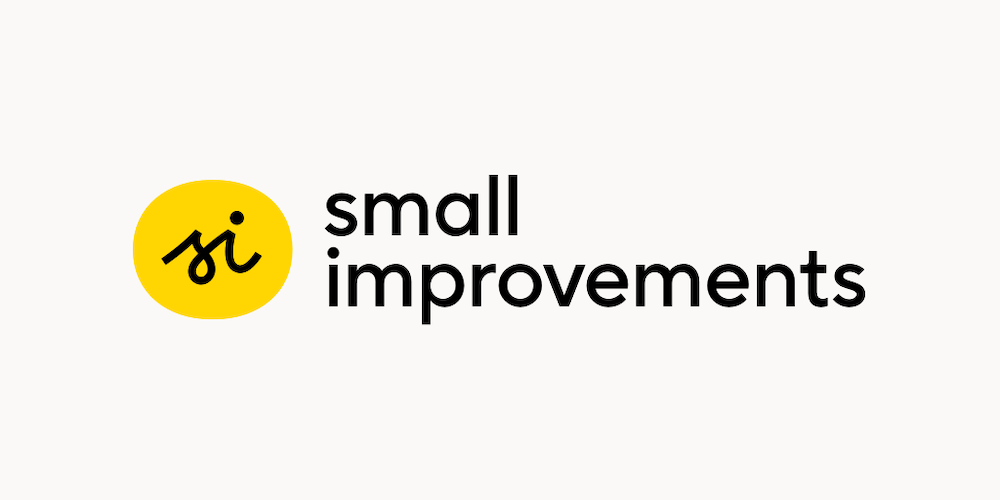Asking employees to evaluate their own strengths and weaknesses provides a great opportunity for reflection and goal setting. But employees often see self-assessments as a colossal waste of time for everyone involved. An employee may spend hours writing an assessment that goes unread, or they might feel like they are doing their manager’s job for them.
Like most forms of evaluation and assessment, there are some pros and cons. Executives, HR leaders, and managers should be wary of potential pitfalls and use the research on self-assessments to best structure their own when conducting performance reviews.
The benefits of self-assessment
Let’s focus on the positive and start with the pros. Encouraging employees to reflect on what they’ve done well on and where they can improve is a great way to prompt personal observation, assessment, and motivation. Here are a few other benefits to self-assessment as part of a larger performance review process.
- Employees may not be in the habit of looking at their own work product, skills, and behaviors objectively. Giving them space to do this can open up possibilities for improvement.
- Employees have an opportunity to remind managers of accomplishments or even past behavior, which could reduce “recency bias” in the manager’s appraisal.
- Employees can also identify certain blind spots where they feel ill-equipped or lack confidence, and the manager is completely unaware.
- A self-assessment that doesn’t line up with the manager’s viewpoint could indicate a lack of alignment around expectations.
Can employees accurately self-assess? A few cons…
One reason for including a self-assessment is to gather more data on an individual’s performance. The real question is: can employees actually provide accurate self-assessments?
Multiple studies demonstrate how bad people are at evaluating their own performance. Employees may not see their behaviors and work objectively, or worse, fail to make an honest assessment because they fear negative consequences.
According to research by the consulting firm Lominger, Inc, “the overall correlation between self-ratings and performance was .00, with the boss being the most accurate rater by far in predicting long-term performance.” In addition to wildly inaccurate self-appraisals, there are even more cons:
- Employees may hesitate giving themselves positive feedback for fear of sounding like a braggart. They might even focus more on negative assessments.
- Companies will often take the evaluations, but not really use them in any meaningful way.
Making self-assessments worth the effort
If you are going to continue the practice of self-assessments or implement a self-assessment process in your performance evaluations, there are a few ways to make them more relevant and impactful:
Share self-assessments with managers after they’ve drafted the review.
When deciding if your HR department will have self-evaluations as part of a performance review, consider how that information will be processed and reviewed. Will the assessment be shared with the manager, and if so, when?
In some cases, HR teams don’t share self-assessments with managers until their own reviews are complete or almost complete to prevent any anchoring bias. (Side note: Our performance management software enables managers to hide self-assessments while they are writing their own.)
Broaden the scope of reviews
One way to make self-assessments more meaningful is to ask employees to dig deeper into their career goals. Instead of focusing exclusively on completed work or the tasks at hand, consider asking whether their assignments are in line with their long-term goals. Is there a way to provide more training or align work so that they are hitting their career goals?
A self-evaluation that is not solely focused on the job helps employees focus on their futures. This can also get them thinking about how to enhance their skillsets through certifications, training, or taking on new assignments.
Open the conversation
A crucial benefit of self-assessments is the invitation to open up a dialogue around an employee’s performance and experience. It might be the first insight a manager has into an employee’s perception of the quality and quantity of their work.
This gets managers and reports talking about priorities, whether members are on track, what needs more attention, and where performance is surpassing or failing to meet expectations.
Stay positive but ask the hard questions
You want the self-assessments to do some work for you, and this means asking hard questions. What are the core strengths and weaknesses of an employee? What could they specifically have done better? What can the employee do in the next year to make themselves more valuable?
Ask these questions, but also be sure to include questions that yield positive assessments: what they have done well, where they see themselves as an asset, and what they bring to the team.
Reflection is never easy, but it’s good for us
Yes, filling out a self-assessment form can feel tedious or difficult at times. Reflection is hard, and it doesn’t come naturally to a lot of people. But asking employees to take the time to reflect and articulate where they think they’re at in terms of their performance and career goals can make the review conversations much richer and more useful for employees.



